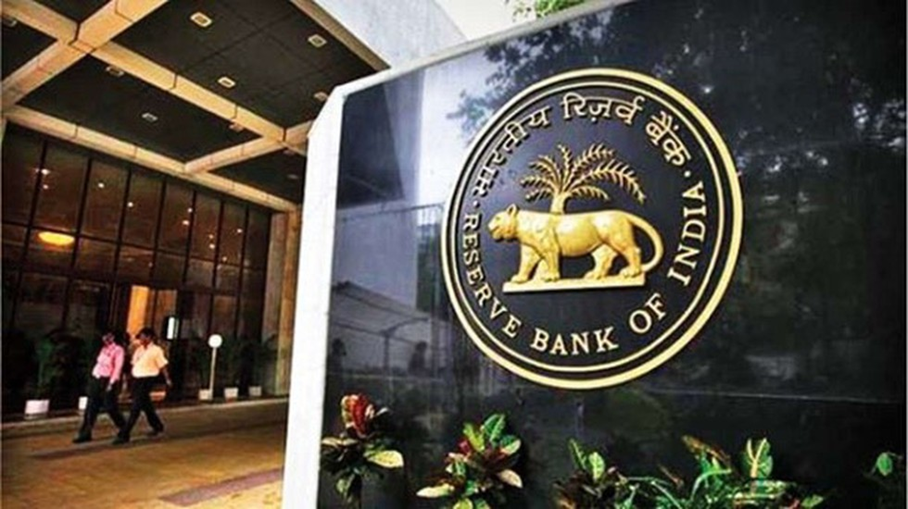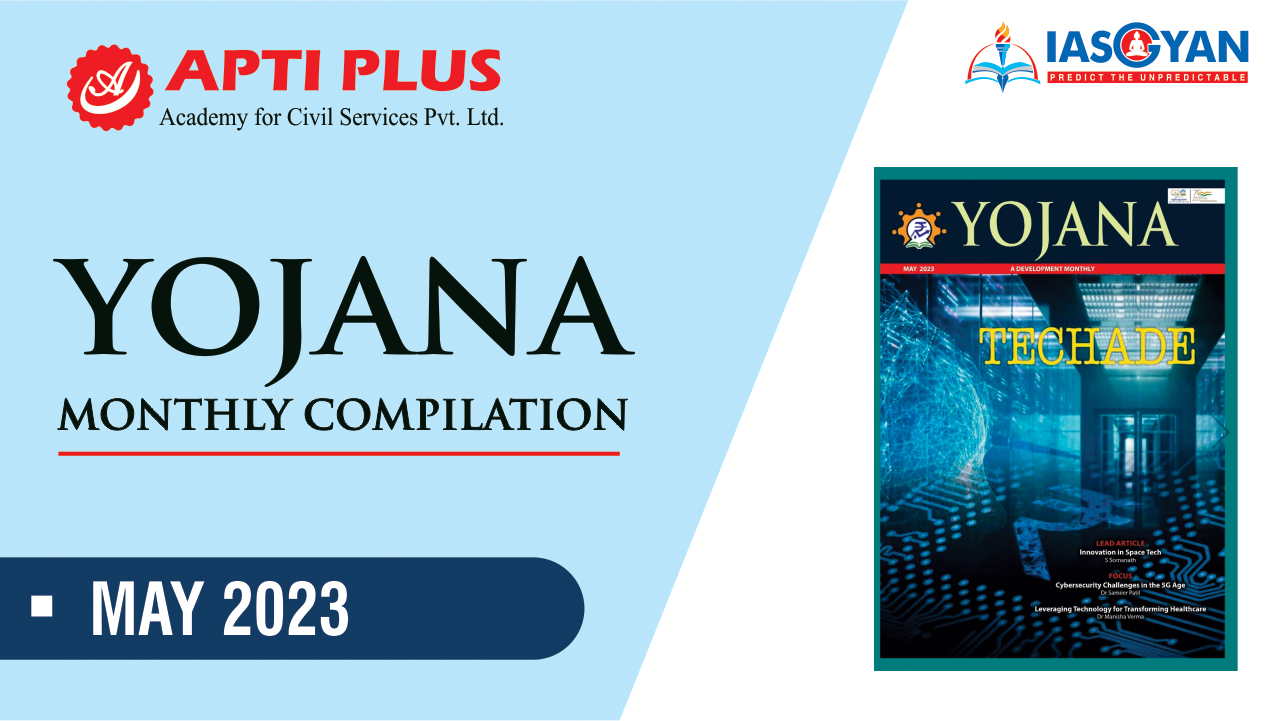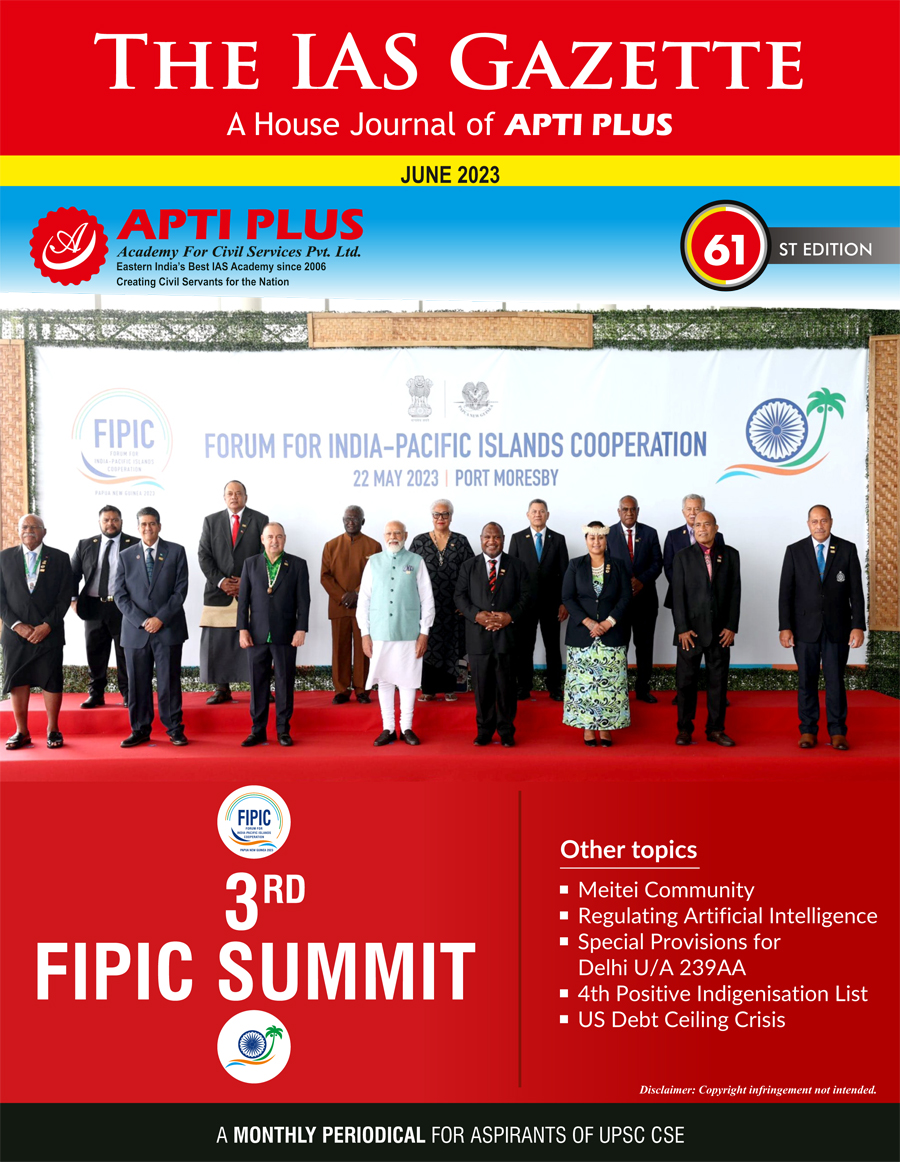Description

Copyright infringement not intended
Context: Prepaid Payment Instrument (PPI) holders may soon be able to secure their funds from fraud or unauthorised payment operations. A committee formed to assess Customer Service Standards in RBI Regulated Entities has advised extending Deposit Insurance and Credit Guarantee Corporation (DICGC) coverage to PPIs, which is now available exclusively to bank deposits.
Details
Prepaid Payment Instrument (PPI)
- Prepaid Payment Instruments (PPIs) are a form of digital payment that allows users to buy goods and services, transfer funds, and pay bills using the value stored in them.
- PPIs can be issued by banks or other entities authorized by the Reserve Bank of India (RBI) under the Payment and Settlement Systems Act 2007, and they can be in various formats such as cards, mobile wallets, or online accounts.
- Currently, PPIs do not have any protection against fraud or unauthorized transactions, unlike bank deposits which are covered by the Deposit Insurance and Credit Guarantee Corporation (DICGC).
- A committee appointed by the RBI to review the Customer Service Standards in RBI Regulated Entities has suggested that the RBI should consider extending DICGC cover to PPIs as well.
- This would mean that PPI holders would get compensation in case of loss of money due to fraud or failure of the PPI issuer. If this recommendation is accepted by the RBI, it would be a big relief for PPI holders.
There are different kinds of PPIs, depending on the level of verification and the amount of money that can be stored in them.
- Small PPIs have a limit of Rs 10,000 and do not require full-KYC verification. They can be further divided into two subcategories: those that can be loaded with cash and those that cannot.
- Full-KYC PPIs have a higher limit of Rs 2 lakh and require the user to provide identity and address proof. PPIs can be loaded or reloaded using various methods, such as cash, bank account transfer, or credit and debit cards. However, cash loading is restricted to Rs 50,000 per month and is subject to the overall limit of the PPI.

Who can issue PPI instruments?
- PPIs can be issued by banks and non-banks after obtaining approval from the Reserve Bank of India (RBI), the central bank and the regulator of the Indian financial system.
- As on November 9, 2022, over 58 banks including Airtel Payments Bank, Axis Bank, Bank of Baroda, Jio Payments Bank, Kotak Mahindra Bank, Standard Chartered Bank, UCO Bank and Union Bank have been permitted to issue and operate prepaid payment instruments.
- As on May 30, 2023, there are 33 non-bank PPI issuers. Some of the non-bank PPI issuers are Amazon Pay (India), Bajaj Finance, Delhi Metro Rail Corporation Ltd, etc.
What RBI committee recommended?
- The RBI-appointed Committee for Review of Customer Service Standards has made several recommendations to improve the quality of customer service and grievance redress mechanisms in the RBI-regulated entities (REs).
- One of the recommendations is to examine the feasibility of extending the Deposit Insurance and Credit Guarantee Corporation (DICGC) cover to PPIs (prepaid payment instruments), which are issued by banks and non-banks and allow customers to purchase goods and services, conduct financial services and enable remittance facilities, against the value stored therein.
- The committee noted that the money in PPI wallets is like deposits and PPI issuers are also regulated by the RBI. However, currently, the DICGC cover is available only to bank deposits up to a maximum of Rs 5 lakh per depositor per bank. The committee suggested that the RBI may examine whether DICGC cover can be extended to bank PPIs and later to non-bank PPIs based on experience gained.
- The committee proposed other initiatives such as a centralised database of KYC documents, a common portal for lodging and tracking complaints, a customer service and protection index, and a principle-based regulation for customer service.
The RBI has invited comments from stakeholders and the public on these recommendations. The committee was set up in May 2022 under the chairmanship of former RBI deputy governor BP Kanungo to evaluate and review the customer service standards in REs and identify best practices.
Deposit Insurance and Credit Guarantee Corporation (DICGC)
- The Deposit Insurance and Credit Guarantee Corporation (DICGC) is a specialised division of the Reserve Bank of India (RBI) that provides deposit insurance to bank customers in India.
- Deposit insurance is a system that protects the deposits of small savers in case of a bank failure. The DICGC was established in 1978 under the DICGC Act, 1961 and is under the jurisdiction of the Ministry of Finance, Government of India.
Coverage
- Deposit insurance covers all types of bank deposits, such as savings, fixed, current and recurring deposits, up to a limit of Rs. 500,000 per depositor per bank. This limit was increased from Rs. 100,000 to Rs. 500,000 in February 2020.
- The premium for deposit insurance is paid by the insured banks themselves, so the depositors do not have to bear any cost for this protection. The DICGC has the power to cancel the registration of a bank if it fails to pay the premium for three consecutive half-year periods.
Significance
- The DICGC also provides credit guarantees to eligible cooperative banks and regional rural banks for loans given to small and marginal farmers, agricultural labourers, artisans and small entrepreneurs. The credit guarantee scheme aims to encourage banks to lend to these priority sectors without fear of default.
- The DICGC is a part of the financial safety net in India, along with the RBI, the government and other regulators. It plays an important role in maintaining public confidence in the banking system and promoting financial stability.
- The DICGC is also expected to be subsumed into a proposed Resolution Corporation that will deal with the resolution of failed financial firms across the sectors.
Conclusion
- Prepaid Payment Instruments (PPIs) are a type of digital wallet that allows users to store and spend money for various transactions. PPIs can offer services such as fund transfers, banking, exports, and more. A recent proposal by a committee formed to evaluate Customer Service Standards in RBI Regulated Entities has recommended extending Deposit Insurance and Credit Guarantee Corporation (DICGC) coverage to PPIs, which is currently available only for bank deposits.

https://indianexpress.com/article/explained/explained-economics/deposit-insurance-cover-for-ppis-how-will-customers-benefit-8648010/













